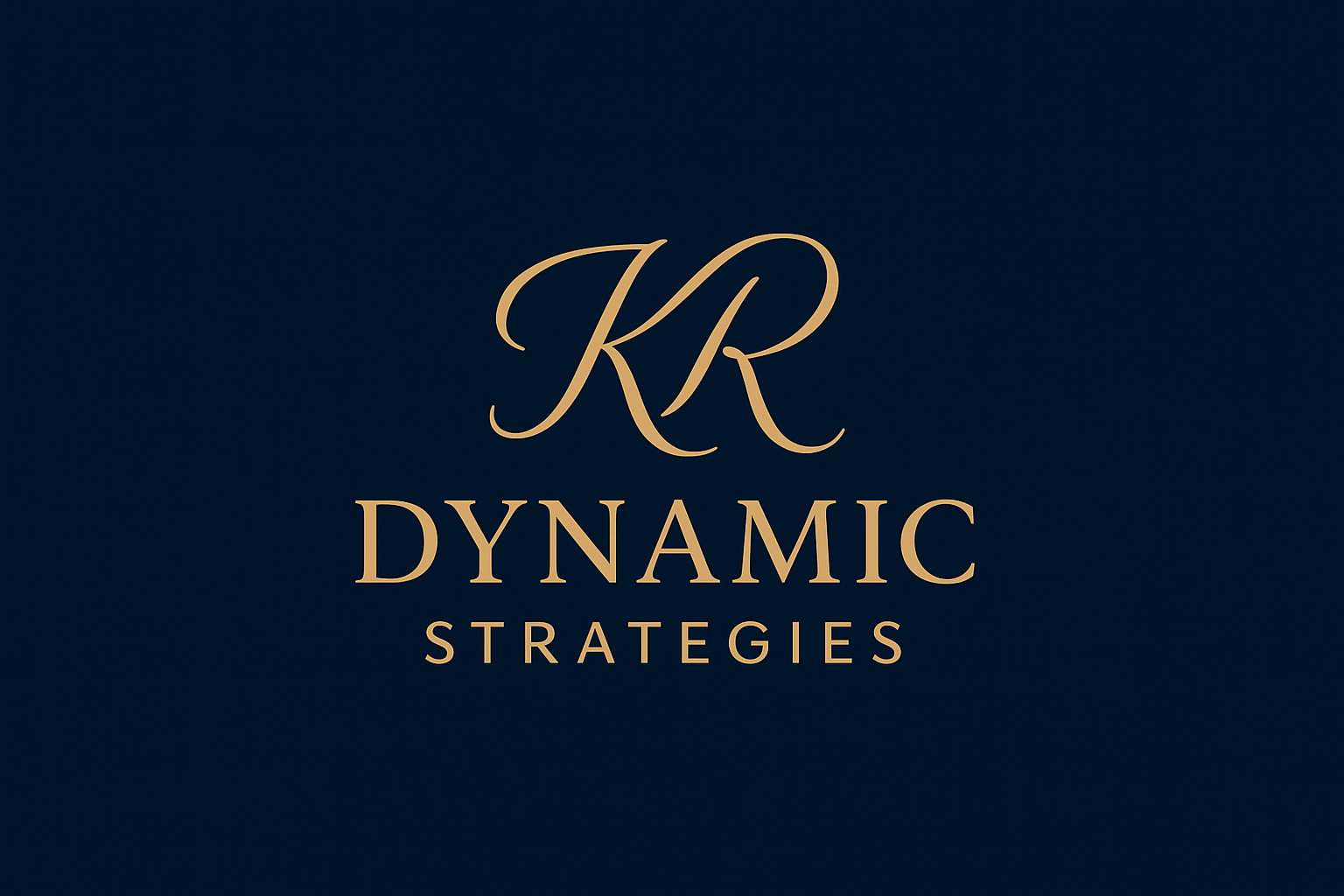Mastering Lean Process Principles for Efficiency
- Miss K.R.
- Oct 13, 2025
- 4 min read
When I first encountered the concept of lean operational strategies, I was intrigued by how much potential they held for improving business efficiency. These strategies are not just buzzwords; they are practical approaches that can transform how a company operates. If you want to reduce waste, improve workflows, and boost productivity, mastering these strategies is essential. Let me walk you through the key ideas and actionable steps to help you get started.
Understanding Lean Operational Strategies
Lean operational strategies focus on creating more value with fewer resources. The goal is to streamline processes, eliminate unnecessary steps, and optimize workflows. This approach helps businesses become more agile and responsive to change.
For example, imagine a manufacturing line where every step is carefully analyzed to remove delays or redundant tasks. The result? Faster production times and lower costs. But lean strategies are not limited to manufacturing. They apply equally well to service industries, healthcare, and even administrative functions.
To implement lean operational strategies effectively, you need to:
Identify bottlenecks in your current processes.
Engage your team in continuous improvement.
Use data to measure progress and make informed decisions.
By focusing on these areas, you can create a culture of efficiency that drives long-term success.

Why Lean Operational Strategies Matter for Growth
Growth is a common goal, but it often comes with growing pains. Without efficient processes, scaling up can lead to chaos and wasted resources. Lean operational strategies help you avoid these pitfalls by building a solid foundation.
Consider a business that wants to expand its customer base. If the order fulfillment process is slow or error-prone, customer satisfaction will suffer. Lean strategies help by:
Reducing errors through standardized procedures.
Speeding up delivery times by eliminating unnecessary steps.
Improving communication across departments.
These improvements not only enhance customer experience but also free up resources to focus on innovation and expansion. When your operations run smoothly, growth becomes more manageable and sustainable.

What are the 5 lean process principles?
To truly master lean operational strategies, it’s important to understand the core principles that guide them. These five principles provide a clear framework for improving any process:
Value - Define what creates value from the customer’s perspective. Everything else is waste.
Value Stream - Map out all the steps involved in delivering that value. Identify and remove non-value-adding activities.
Flow - Ensure that the remaining steps flow smoothly without interruptions or delays.
Pull - Produce only what is needed when it is needed, avoiding overproduction.
Perfection - Continuously improve processes to get closer to perfect value delivery.
By applying these principles, you can systematically eliminate waste and improve efficiency. For instance, a service company might map out the customer onboarding process to spot delays and simplify paperwork. This leads to faster onboarding and happier clients.

How to Apply Lean Process Principles in Your Business
Applying lean process principles requires a thoughtful approach. Here’s a step-by-step guide to help you get started:
Assess Your Current Processes
Begin by observing and documenting how work flows through your organization. Look for delays, redundancies, and errors.
Engage Your Team
Lean is a team effort. Encourage employees to share ideas and identify problems. Their insights are invaluable.
Map the Value Stream
Create a visual map of your processes. This helps everyone see where value is added and where waste occurs.
Implement Small Changes
Start with quick wins that can improve flow or reduce waste. Small improvements build momentum.
Measure and Adjust
Use metrics to track progress. If something isn’t working, adjust your approach.
Promote Continuous Improvement
Make lean thinking part of your company culture. Regularly review processes and seek ways to improve.
Remember, lean is not a one-time fix but an ongoing journey. Patience and persistence pay off.
Tools and Techniques to Support Lean Operational Strategies
There are several tools and techniques that can help you implement lean operational strategies effectively:
5S Methodology: Organize the workplace to improve efficiency and safety.
Kaizen: Focus on continuous, incremental improvements.
Kanban: Visualize work to manage flow and limit work in progress.
Root Cause Analysis: Identify the underlying causes of problems to prevent recurrence.
Standard Work: Document best practices to ensure consistency.
Using these tools can make the lean journey more manageable and measurable. For example, applying 5S in a warehouse can reduce time spent searching for materials, while Kanban boards help teams prioritize tasks and avoid overload.
If you want to dive deeper into optimizing your workflows, consider exploring lean process principles for tailored solutions that fit your business needs.
Embracing Change for Long-Term Success
Adopting lean operational strategies means embracing change. It can be challenging, but the rewards are worth it. When you commit to continuous improvement, your business becomes more resilient and competitive.
Ask yourself: Are you ready to challenge the status quo? Are you willing to involve your team in shaping better processes? Change starts with a mindset shift and a willingness to learn.
By mastering lean operational strategies, you position your business for sustainable growth and operational excellence. It’s a journey that requires dedication but offers significant returns.
Mastering lean operational strategies is not just about cutting costs. It’s about creating a culture of efficiency and continuous improvement that drives real business growth. Start small, stay consistent, and watch your operations transform.




Comments